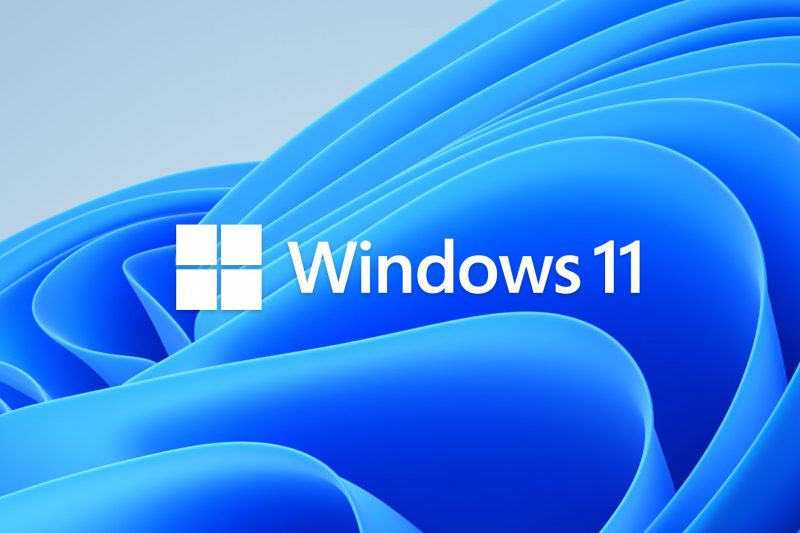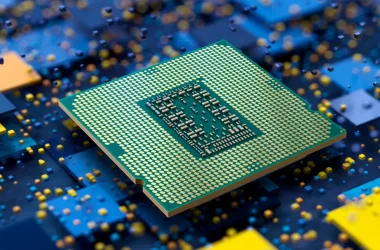Table of Contents Show
Microsoft’s new operating system Windows 11 is upon us at last, we’ve pondered about what we should expect from Windows 11 – but we now the system is rolling out we know what’s on offer. Many people are already starting to see the free update offering the upgrade roll in, and still others are wondering whether it’s worth upgrading yet. The operating system isn’t an incremental upgrade, either; it’s a fairly significant overhaul that changes some of the fundamental ways in which Windows operates.Â
With that in mind, you might be wondering whether it’s worth implementing the Windows 11 upgrade now, or whether you should wait until later. The answer is complex; it depends on your personal circumstances, of course, as well as the setup you’re using and how desperate you are to be on the cutting edge. Here are some of the pros and cons of upgrading to Windows 11 right now.
It’s free
Perhaps the most pervasive argument for upgrading to Windows 11 is that the operating system is completely free. You don’t need to pay a penny for it; you’ll either get it pre-installed on new machines you buy, or you’ll receive an update message telling you that it’s ready to download. Either way, if you’re an existing Windows user (or you’re buying a new computer), then Windows 11 will be given to you at no extra cost. If you don’t run Windows right now, then you will have to pay for Windows 11, but that gets you access to all future updates as well. Not bad, right?
Eventually, support for Windows 10 will stop
Right now, if you’re still on Windows 10, you don’t have cause to worry. Your operating system will still be supported for a number of years, so you can continue to get updates and technical support. However, Microsoft has confirmed that in 2025, support for Windows 10 will stop. This means that you’ll be on your own if something goes wrong with your copy or if apps stop working (although you can, of course, continue to run Windows 10, assuming it doesn’t break). This is one of the strongest arguments for upgrading to Windows 11; it’s going to be supported for much, much longer.
Windows 11 has had a visual revamp
This is a neutral point, and your mileage will vary on whether it’s important for you or not. Windows 11 looks pretty different to the way Windows 10 looked. While a lot of the visual design is the same, the iconography and menu style is different. The Start bar has been moved (although you can move it back if you wish), and there are a number of other visual differences as well. If you’re using your PC to work a lot and you don’t want to have your workflow interrupted, then you may wish to hold off on upgrading to Windows 11 for the time being.
There are lots of new features in Windows 11
As well as the visual overhaul, a lot of new features have been added in Windows 11, and some of them can be a little tricky to get to grips with. The new Widgets feature allows you to access information like weather conditions and news at a glance, while the Snap Groups feature lets you arrange windows in a certain order depending on how you like them to look. These features can be great fun to play around with, and they’re particularly great for arranging multiple desktops with different workflows, so if that appeals to you, then an upgrade to Windows 11 is a good idea.
Windows 11 could be pretty buggy right now
New operating systems always launch with significantly more bugs than their predecessors. It stands to reason; even an OS that’s been tested to within an inch of its life will have bugs that have escaped the testers’ notice. Windows 10 has had the benefit of years of testing rooting out bugs and issues, but Windows 11 is pretty new, so there are bound to be problems. Right now, there’s a bug that’s slowing down the performance of certain storage drives, and while Microsoft will address this in a future update, expect this kind of thing to happen more frequently closer to launch.
The Windows 11 tablet mode is better
If your device has a touch screen, Windows 11 is definitely a better prospect for you than Windows 10 was. The tablet mode has been vastly improved; now, instead of presenting a confusing touch interface, Windows 11 will operate in a similar fashion to an iPad, presenting you with a simplified window that lets you access all of your apps. It’s by no means perfect, but it’s definitely fair to say that Windows 11’s tablet mode is much, much improved over its predecessor. If you regularly use your touch screen, Windows 11 is a no-brainer.
Some PCs don’t support Windows 11
Windows 11 isn’t compatible with CPUs that are older than the 8th generation of Intel processors (that’s the Ryzen 2000 line if you’re an AMD-head). With that in mind, if your PC is a little older, it probably isn’t supported by Windows 11, so upgrading isn’t advised just now. You’ve got until 2025 to pick up a new processor or build yourself a new PC before Microsoft stops Windows 10 support, so it’s best to stick with your old OS for the time being. It’s frustrating that the new Windows ecosystem doesn’t work with these CPU models, but unfortunately, that seems to be the price Microsoft is paying for progress.









